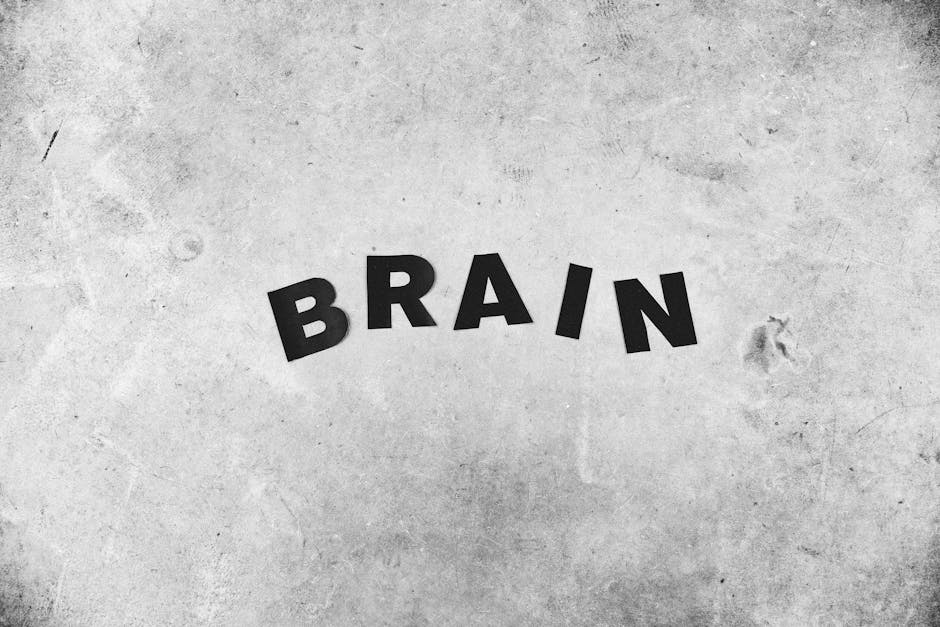Unlocking the Power of Video Games: How They Improve Brain Function According to Science
Welcome to the exciting world of video games, where entertainment meets brain-boosting benefits. While many may view video games as mere sources of amusement, science has shown that they offer a multitude of advantages for brain function and cognitive skills. In this article, we will explore the fascinating ways in which video games can enhance cognitive abilities, improve problem-solving skills, boost memory, and even increase brain flexibility.
The Impact of Video Games on Brain Function
Research has discovered that playing video games can have a positive impact on various aspects of brain function. Video games are not just about mindless button-mashing; they often require strategic thinking, quick decision-making, and hand-eye coordination. These cognitive demands stimulate various regions of the brain, thereby enhancing neural pathways and improving overall brain function.
Enhanced Cognitive Abilities
One of the key benefits of playing video games is their ability to enhance cognitive abilities. Video games, especially those that involve problem-solving, critical thinking, and strategic planning, can help improve skills such as memory, attention span, and multitasking. These games challenge the brain to think creatively and adapt to ever-changing situations, leading to improved cognitive flexibility.
Improved Problem-Solving Skills
Video games often present players with complex puzzles and challenges that require creative solutions. By engaging in these virtual problem-solving scenarios, players can improve their ability to think critically, analyze information, and come up with innovative solutions. This can translate to real-life situations where quick thinking and effective problem-solving skills are essential.

Enhanced Memory and Learning
Playing video games that involve memory recall, pattern recognition, and information retention can significantly enhance memory and learning capabilities. Studies have shown that individuals who regularly engage in video games experience improvements in spatial memory, procedural memory, and long-term memory. These enhancements can also extend to academic performance and cognitive tasks that require memory retention.
Increased Brain Flexibility
Video games require players to adapt to new challenges, environments, and rules quickly. This constant need for flexibility and adaptation can lead to increased brain plasticity, which refers to the brain’s ability to change and reorganize neural pathways based on new experiences. As a result, playing video games can help improve cognitive flexibility, resilience to stress, and the ability to multitask effectively.
The Role of Different Game Genres in Brain Function
Not all video games are created equal when it comes to brain function improvement. Different game genres can offer unique benefits for cognitive skills and brain health. Let’s explore the role of various game genres in enhancing brain function:
Action Games
Action games, such as first-person shooters and action-adventure games, are known for their fast-paced gameplay and quick decision-making requirements. Playing action games can improve attention span, reaction time, and hand-eye coordination. These games stimulate the brain’s frontal lobe, which is responsible for decision-making and problem-solving skills.
Puzzle Games
Puzzle games, including crosswords, Sudoku, and logic puzzles, are excellent for enhancing critical thinking, memory, and problem-solving skills. These games challenge the brain to think logically, analyze patterns, and come up with creative solutions. By regularly engaging in puzzle games, players can improve their cognitive abilities and memory retention.

Strategy Games
Strategy games, such as real-time strategy games and simulation games, require complex decision-making, planning, and resource management. Playing strategy games can improve cognitive abilities such as problem-solving, multitasking, and strategic thinking. These games challenge the brain to think ahead, anticipate outcomes, and adapt strategies based on changing circumstances.
Role-Playing Games (RPGs)
Role-playing games, which involve character development, storytelling, and decision-making, can enhance creativity, problem-solving, and social skills. RPGs encourage players to immerse themselves in rich narratives, make moral decisions, and interact with diverse characters. By engaging in RPGs, players can improve their emotional intelligence, empathy, and decision-making abilities.
The Future of Brain-Boosting Games
As technology continues to advance, the future of brain-boosting games looks promising. Virtual reality (VR) games, augmented reality (AR) games, and gamified learning platforms are revolutionizing the way we engage with interactive content. These immersive experiences not only entertain but also offer unique opportunities for cognitive enhancement and brain function improvement.
Conclusion
In conclusion, video games have the power to unlock a wide range of cognitive benefits and enhance brain function according to science. By engaging in video games that challenge the mind, promote problem-solving skills, and stimulate cognitive abilities, players can experience improvements in memory, attention span, and brain flexibility. As we delve deeper into the world of video games, it is evident that they offer not just entertainment but also valuable opportunities for cognitive growth and development.


